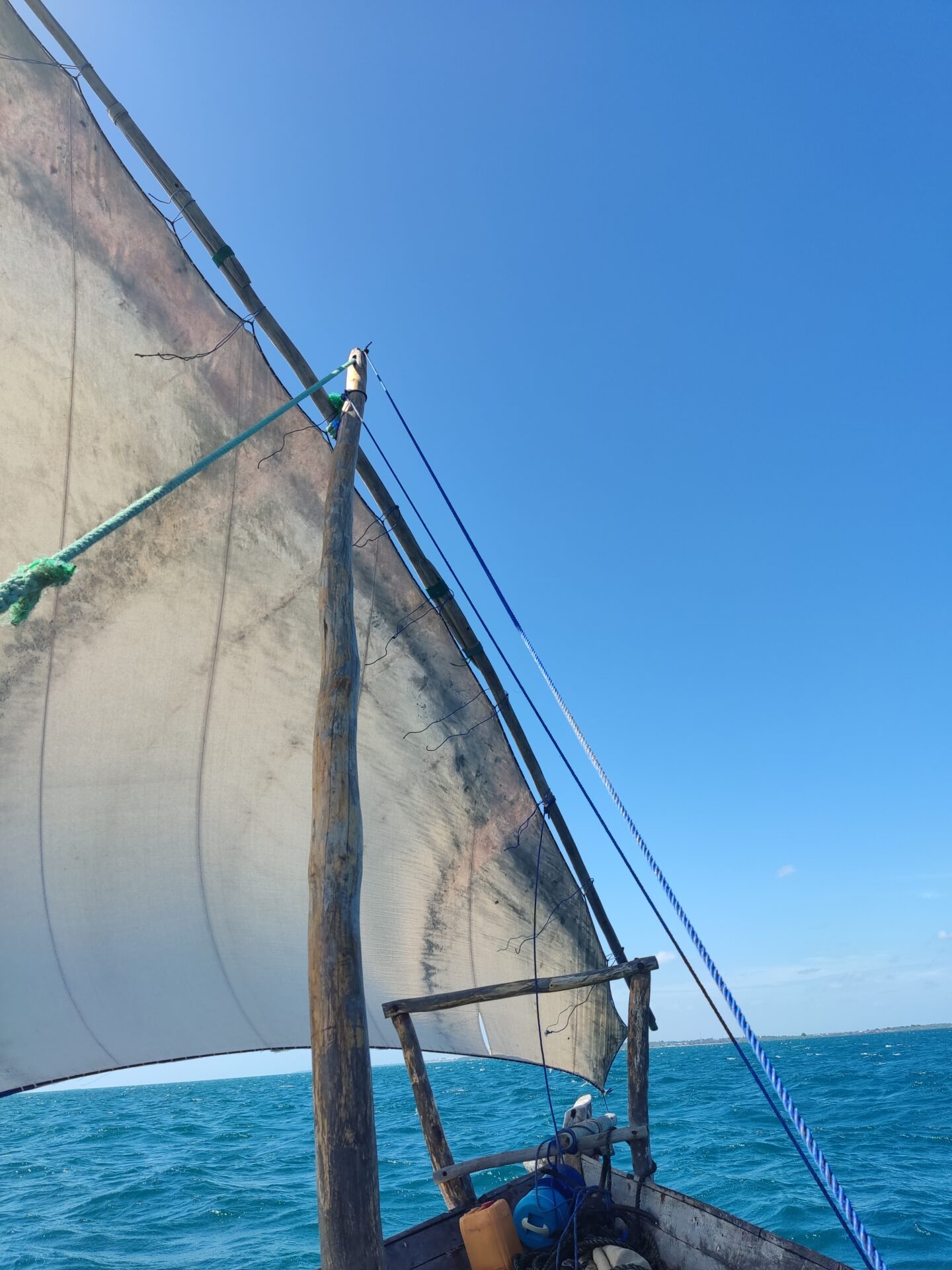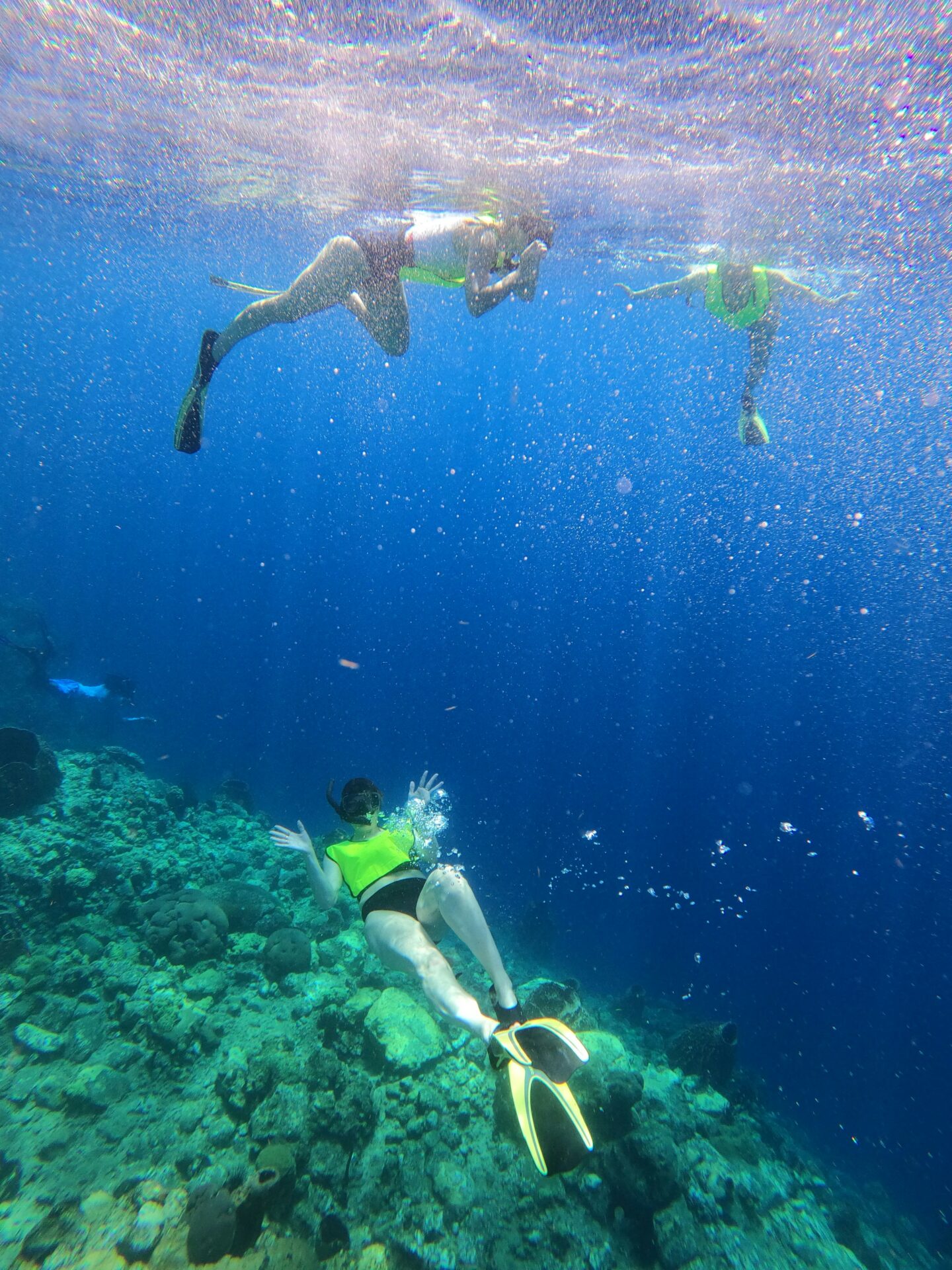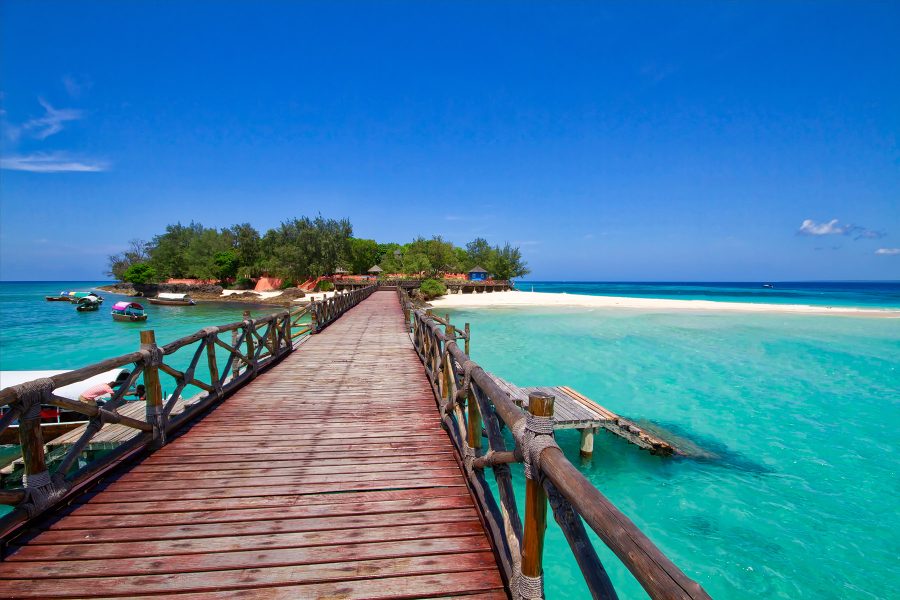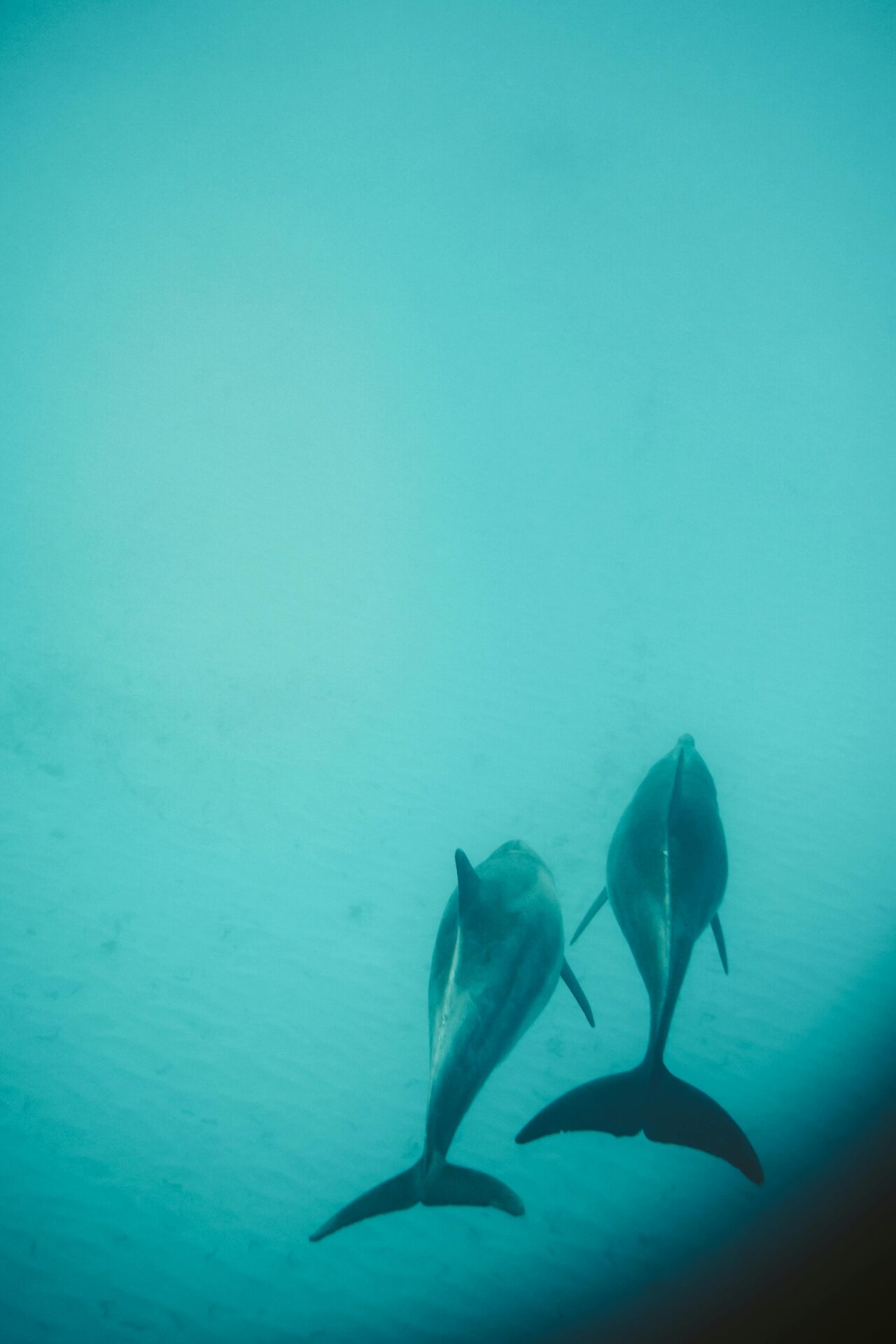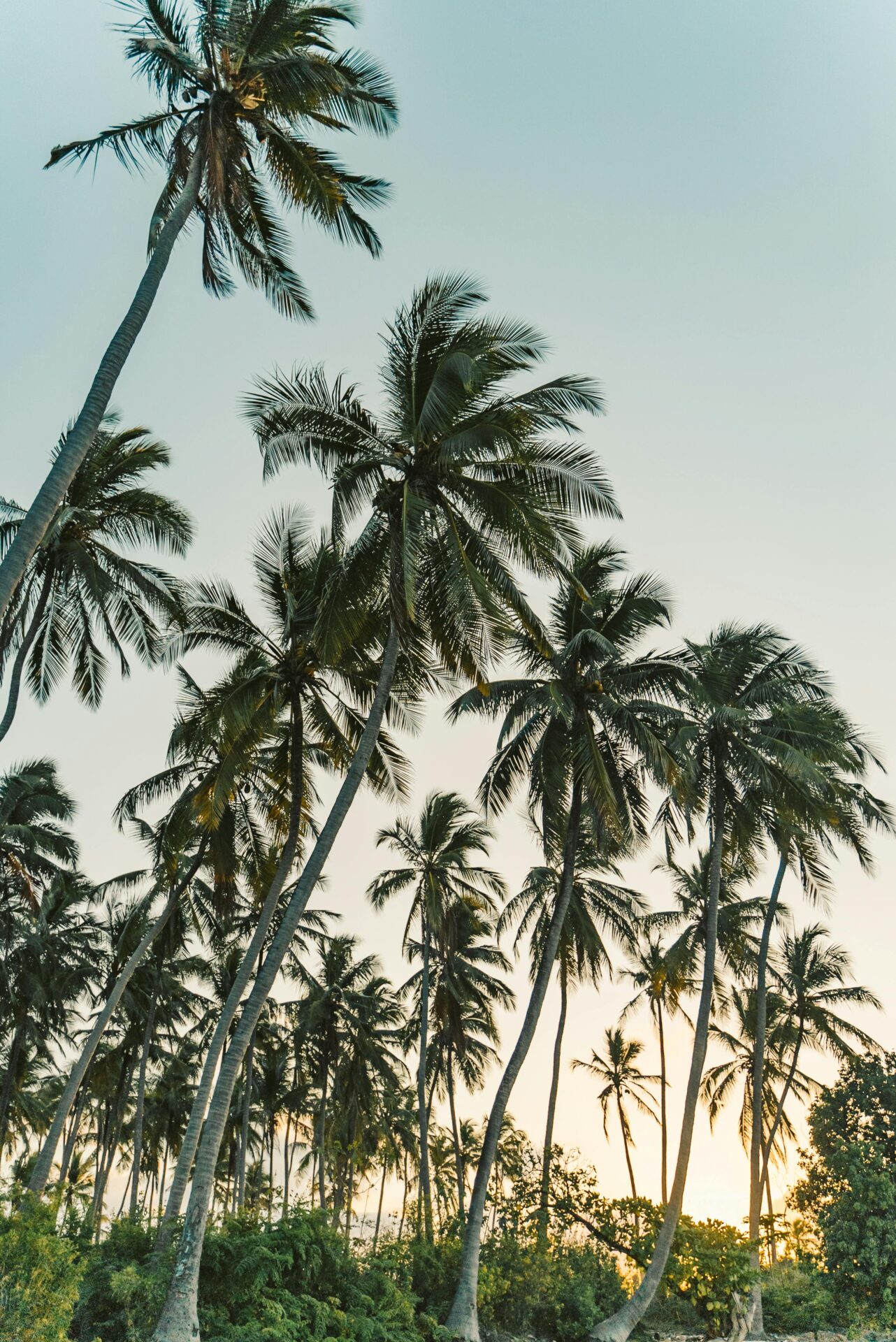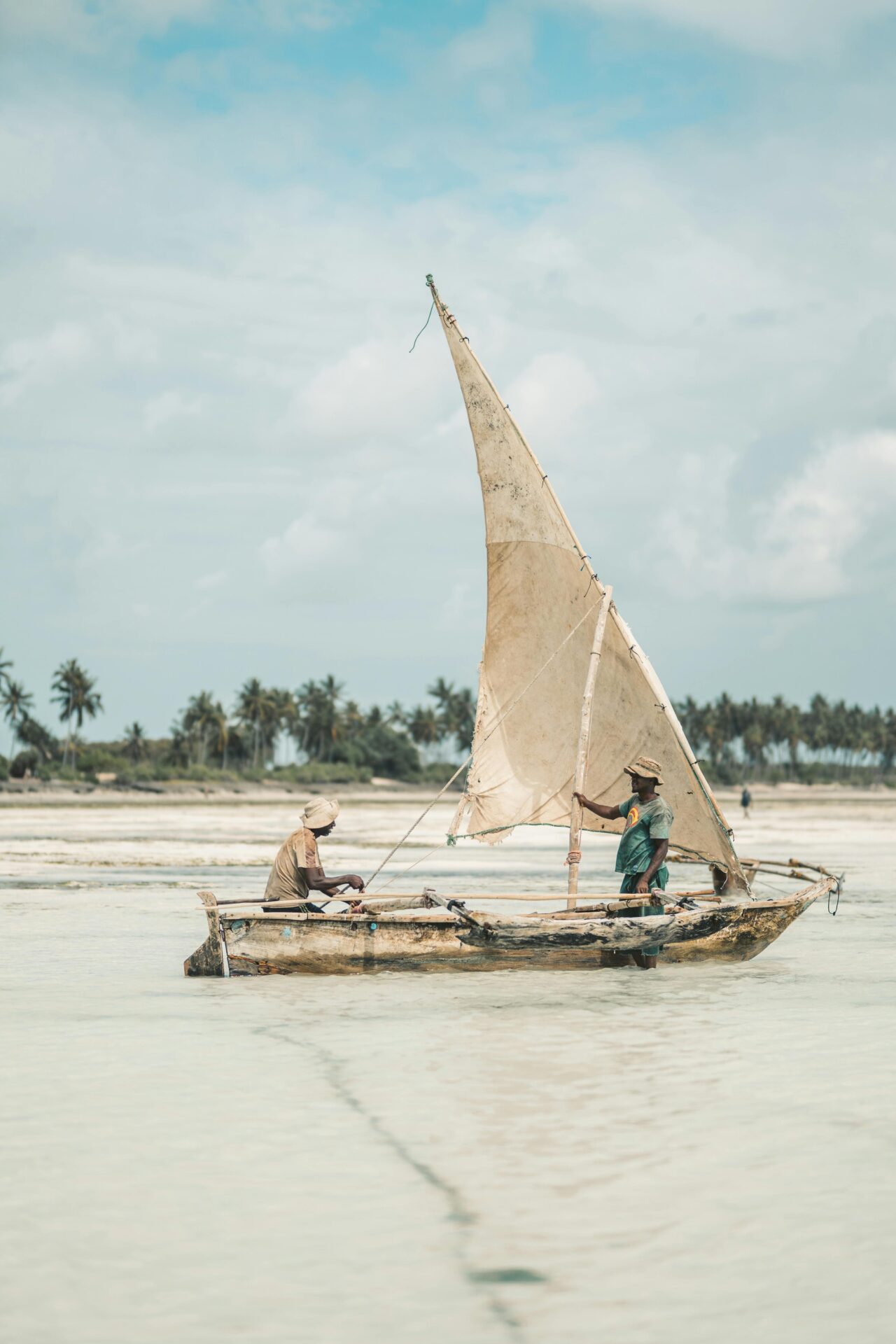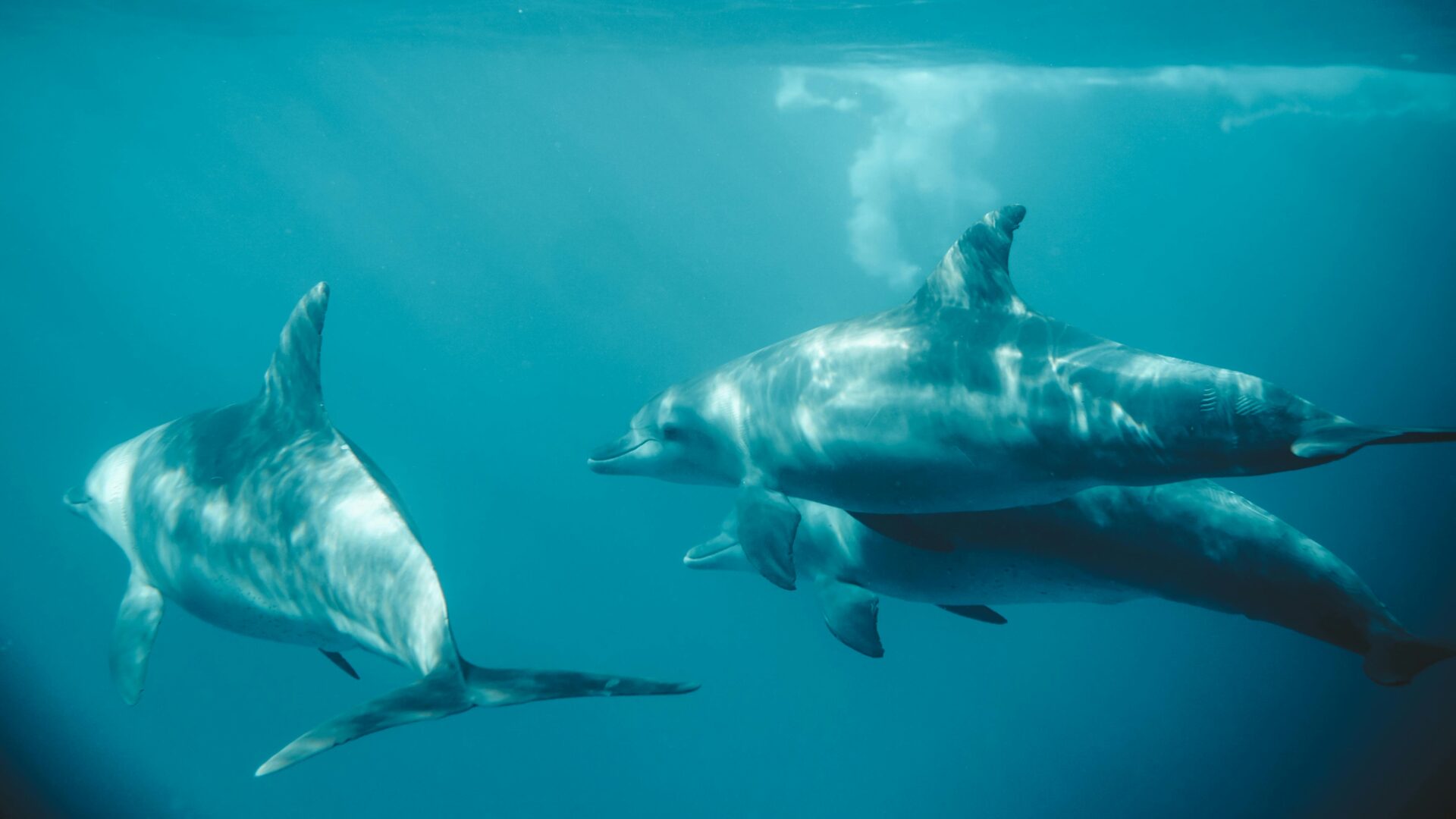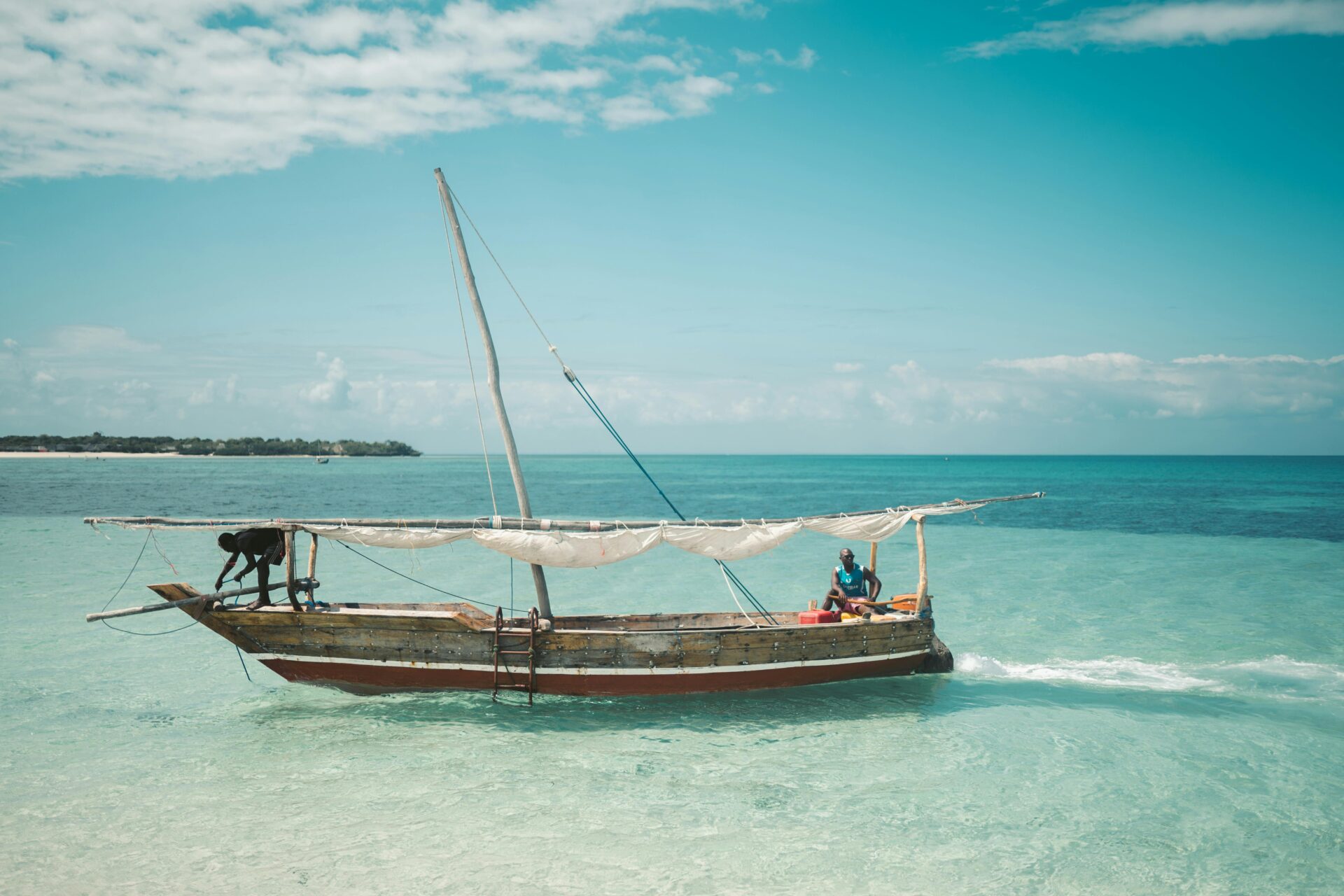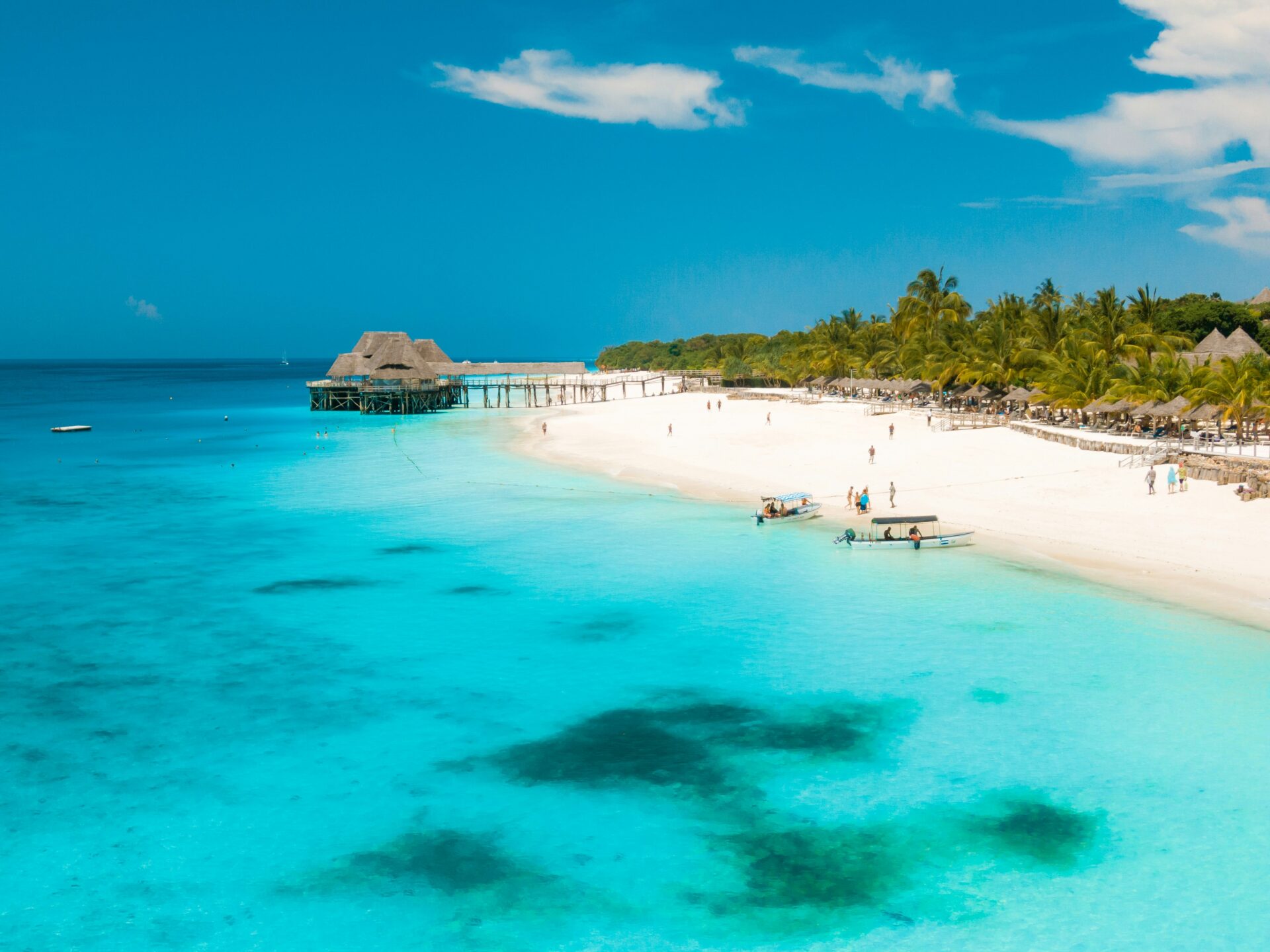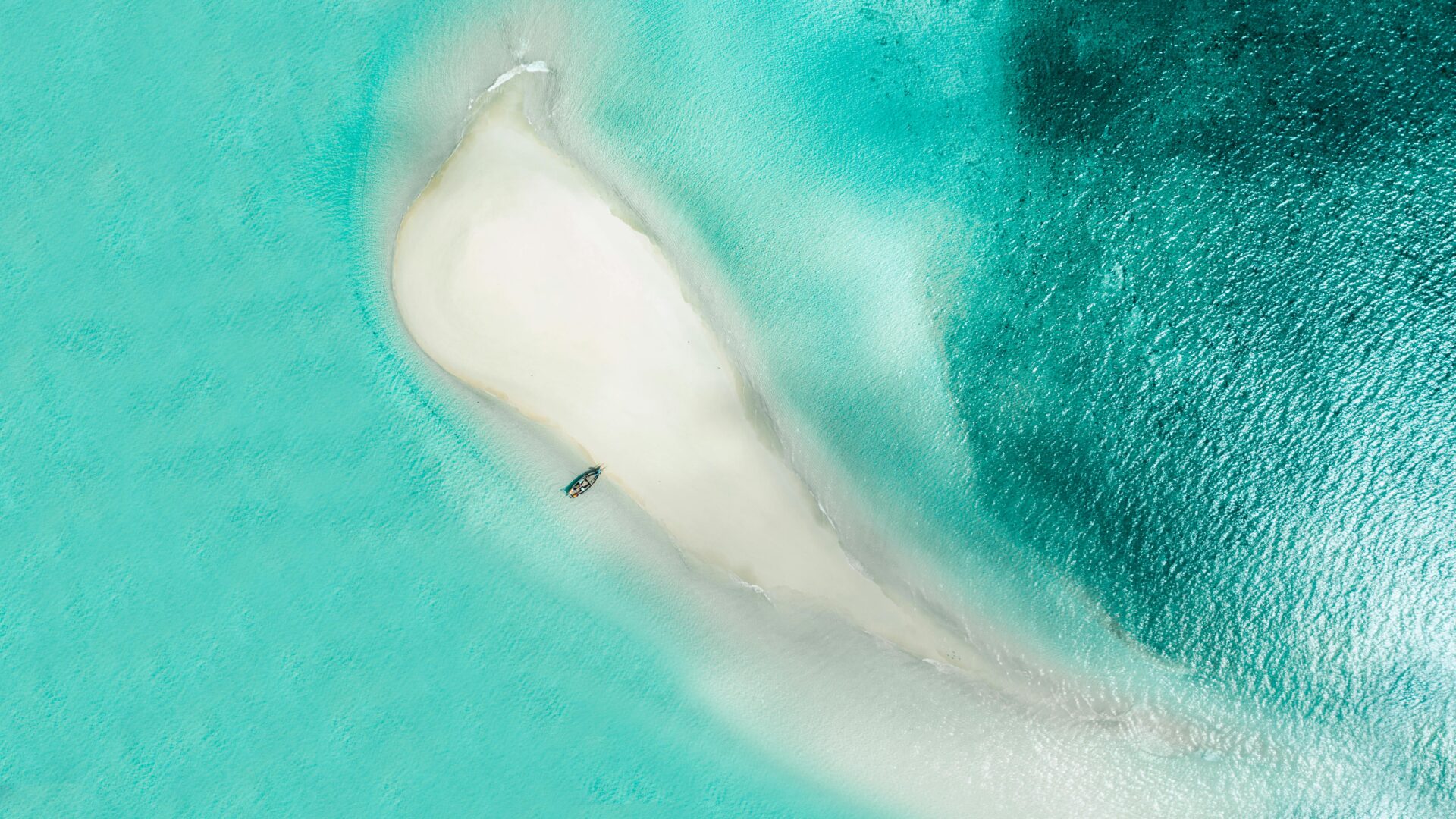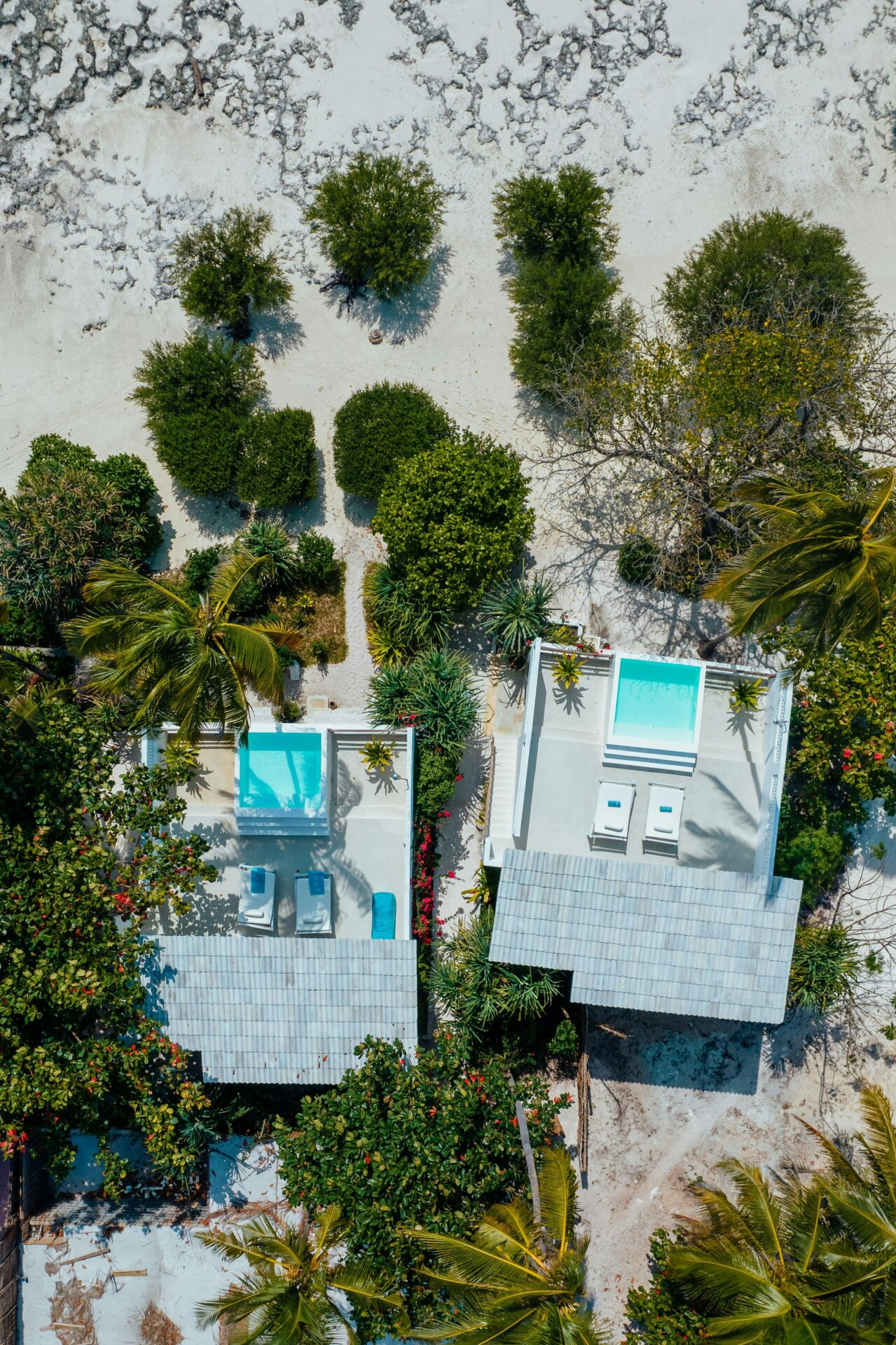Zanzibar is a beautiful island off the coast of East Africa. It has white sandy beaches and clear blue water. The island is part of Tanzania. Zanzibar is known for its spices, history, and stunning beaches. It’s a perfect place for South Africans looking for a beach holiday that’s not too far from home.
Where is Zanzibar Located?
Zanzibar is in the Indian Ocean. It sits about 35 kilometers from mainland Tanzania. It’s made up of several islands. The main ones are Unguja (often called Zanzibar Island) and Pemba. Most tourists visit Unguja. From South Africa, it’s about 2,800 kilometers away. That’s like flying from Johannesburg to Cape Town and back.
Getting to Zanzibar from South Africa
You can fly directly from Johannesburg to Zanzibar. The flight takes about 3 hours and 40 minutes. Airlines like FlySafair, Airlink, and Mango offer flights. You can also connect through Dar es Salaam in Tanzania. Some people choose this option to see more of Tanzania before heading to the island.
Zanzibar Weather and Best Time to Visit
Zanzibar has warm weather all year. Temperatures usually stay between 25°C and 30°C. There are two rainy seasons:
- March to May (long rains)
- November to December (short rains)
The best time to visit is during the dry seasons:
- June to October
- December to February
These months offer sunny days perfect for beach activities. The water is clear for swimming and snorkeling. December to February is slightly hotter but has less rainfall.
Visa Requirements for South Africans
South Africans don’t need a visa to visit Zanzibar. You can stay for up to 90 days. Just make sure your passport is valid for at least six months after your travel dates. You will need to fill out an arrival card at the airport. Keep your passport with you when traveling around the island.
Zanzibar Currency and Money Matters
The currency used in Zanzibar is the Tanzanian Shilling (TZS). US dollars are widely accepted at hotels, restaurants, and tourist spots. Many places prefer dollars for larger payments. Here are some money tips:
- Bring US dollars in small bills
- Major hotels and restaurants accept credit cards
- Small shops and local markets only take cash
- ATMs are available in Stone Town but can be unreliable
- Exchange some money to shillings for local shopping
Places to Visit in Zanzibar
Stone Town
Stone Town is the old part of Zanzibar City. It’s a UNESCO World Heritage Site. The narrow streets wind like a maze. Buildings show Arab, Persian, Indian, and European styles. Must-see places include:
- The Old Fort
- House of Wonders
- Old Slave Market
- Forodhani Gardens food market (perfect for dinner!)
- Darajani Market for spices and local goods
Walking tours help you learn about Stone Town’s history. You can see the birthplace of Freddie Mercury from the band Queen. He was born in Zanzibar!
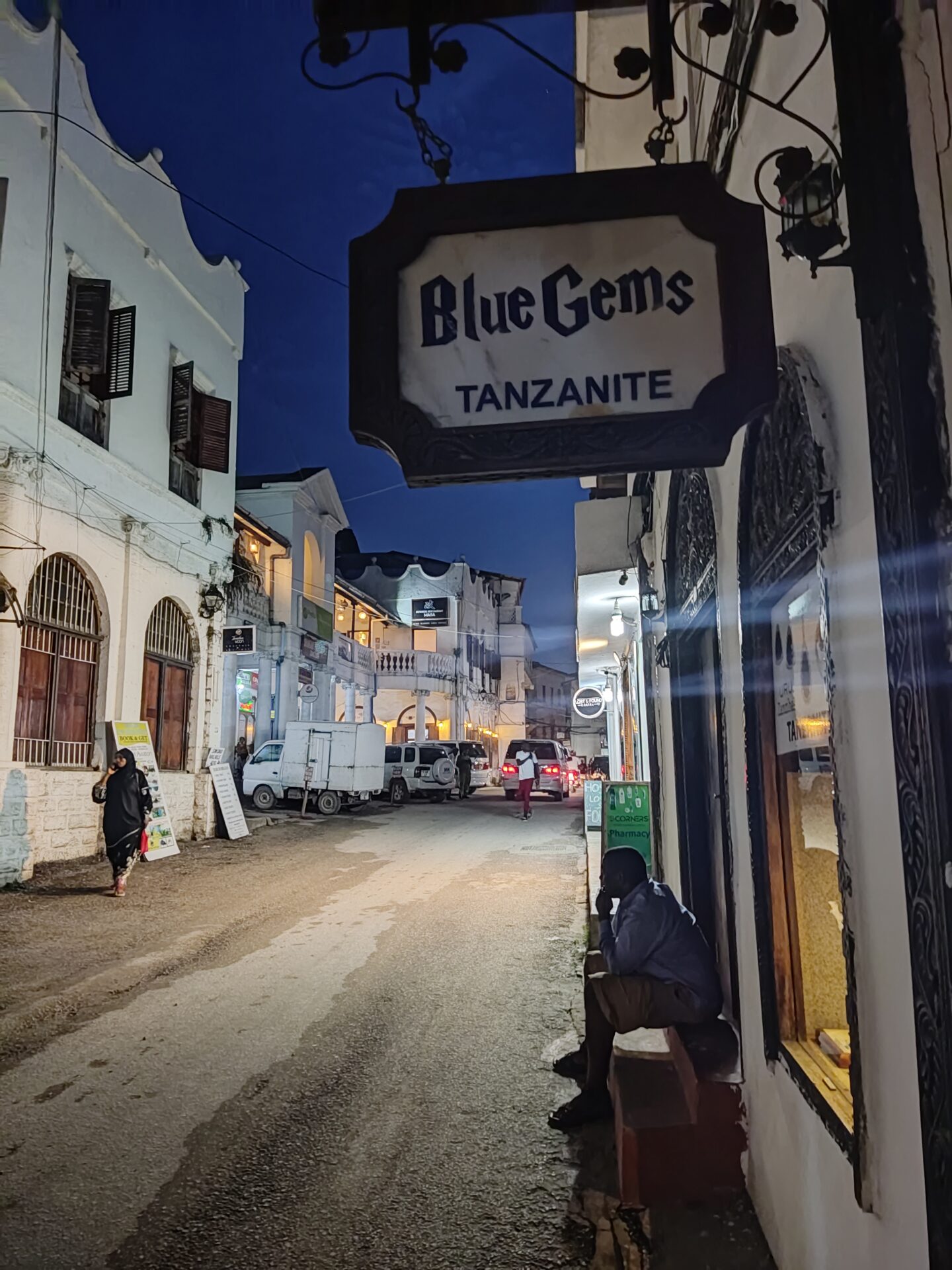
Kendwa Beach
Kendwa is on the northwest coast. It has soft white sand and calm waters. Unlike other beaches, Kendwa doesn’t have big tide changes. This means you can swim all day. Activities here include:
- Swimming and sunbathing
- Sunset dhow cruises
- Beach parties on full moon nights
- Water sports like jet skiing
- Relaxing at beach bars
Kendwa is perfect for those who want to relax. The sunsets here are amazing!
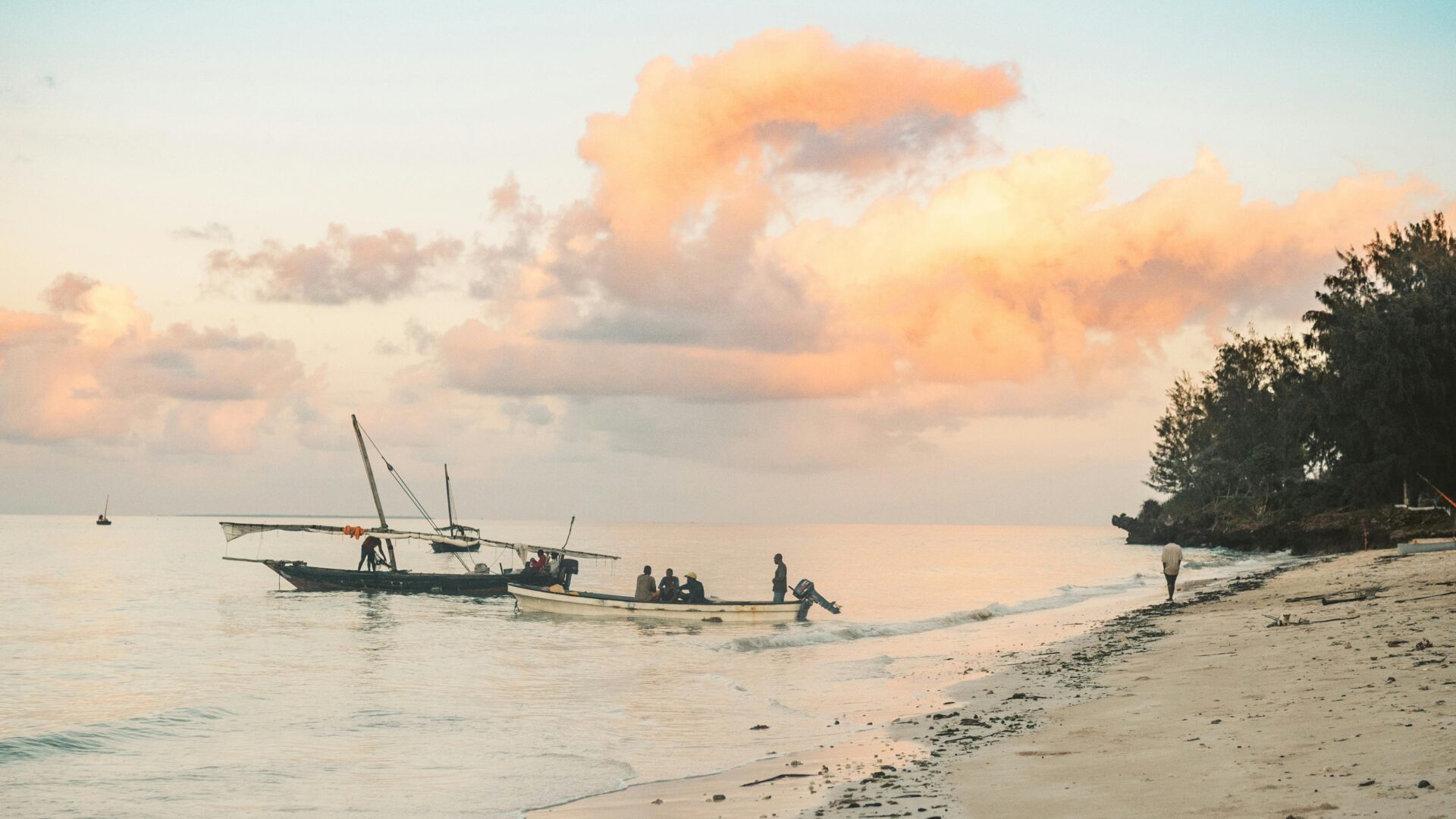
Prison Island (Changuu Island)
Prison Island is just a 30-minute boat ride from Stone Town. Despite its name, it was never actually used as a prison. Today, it’s home to giant Aldabra tortoises. Some are over 100 years old! You can:
- Feed the tortoises
- Learn about conservation efforts
- Swim and snorkel in clear waters
- Explore the former quarantine station
- Enjoy a peaceful beach day
The boat trip costs about $20-25 per person. This usually includes snorkeling equipment.
Jozani Forest
Jozani Forest is in the center of the island. It’s the home of the rare Zanzibar red colobus monkeys. These monkeys live only in Zanzibar. The forest also has:
- Nature trails
- Mangrove boardwalks
- Various bird species
- Bushbabies (sometimes seen at dusk)
- Butterfly species
A guide will help you spot wildlife. The entrance fee helps protect this special forest.
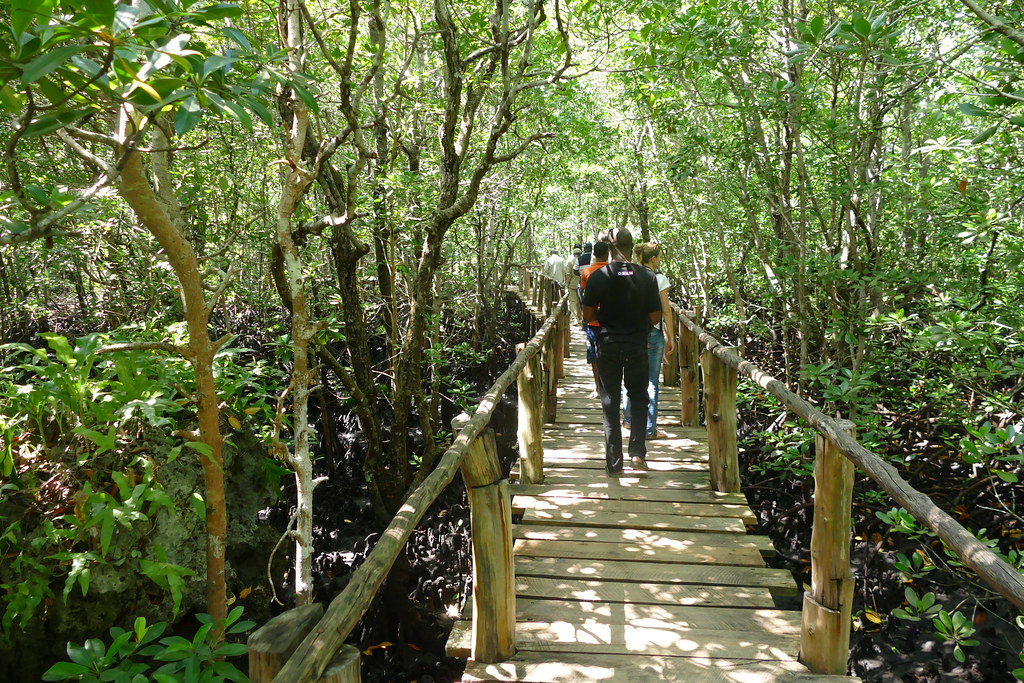
Spice Farm Tour
Zanzibar is known as the “Spice Island.” Spice tours take you to farms where you can see, smell, and taste spices growing. You’ll learn about:
- Cloves, cinnamon, and nutmeg
- Vanilla, cardamom, and pepper
- Tropical fruits like jackfruit
- How spices are grown and harvested
- Local cooking with spices
Tours usually include lunch made with fresh spices. This is a fun way to learn about Zanzibar’s history and culture.
Things to Do in Zanzibar
Besides visiting the main attractions, there are many activities to enjoy:
Beach Activities
- Swim in warm waters
- Try kitesurfing at Paje Beach
Go scuba diving (many schools offer courses) - Take a sunset dhow cruise
- Join a fishing trip
Cultural Experiences
- Shop for local crafts and art
- Watch taarab music performances
- Visit the Palace Museum
- Take a cooking class
- Join a local village tour
Where to Stay in Zanzibar
Zanzibar has places to stay for every budget:
Luxury Resorts
- Located on the best beaches
- Private villas with ocean views
- Pools and spa facilities
- Full board options
Mid-range Hotels
- Boutique hotels in Stone Town
- Beachfront properties in Nungwi or Paje
- Half-board meal plans
- Good amenities at reasonable prices
Budget Options
- Guesthouses and hostels
- Basic but clean rooms
- Often family-run
- Great for meeting other travelers
The best areas to stay are:
- Stone Town: For history and culture
- Nungwi/Kendwa: For beaches without major tide changes
- Paje: For kitesurfing and a relaxed vibe
- Jambiani: For a quiet local experience
Travel Tips for Zanzibar
What to Pack
- Light clothing (it’s hot!)
- Swimwear
- Sun hat and sunglasses
- Reef-friendly sunscreen
- Insect repellent
- Modest clothes for visiting villages and mosques
- Power adapter (Type D/G plugs)
- Basic medicine kit
Health and Safety
- Drink bottled water
- Use mosquito repellent (especially at dusk)
- Check if you need malaria pills
- Wear sunscreen every day
- Zanzibar is generally safe, but watch your belongings
- Avoid walking alone at night in isolated areas
- Don’t step on sea urchins in the ocean
Local Customs
- Zanzibar is mostly Muslim
- Dress modestly away from beaches
- Ask before taking photos of people
- Remove shoes when entering homes
- Respect prayer times
Is Zanzibar Safe?
Zanzibar is generally safe for tourists. Crime rates are low compared to many places. However, it’s good to be careful:
- Keep valuables in hotel safes
- Don’t flash expensive items
- Use registered taxis
- Stay in well-lit areas at night
- Be aware of your surroundings
Most problems tourists face are minor scams or overcharging. Bargaining is expected at markets.
What People Say About Zanzibar
“The beaches are stunning, and the locals are so welcoming!” – Mrs J., Henley
“Stone Town was like stepping back in time—so much history packed into one place.” – Ms C., Switzerland
“The trip was seamless from start to finish; I would visit again in a heartbeat.” – Patel Group, Ind-USA
“We loved the spice tour and seeing how everything grows. My kids still talk about the giant tortoises!” – Smith Family, Cape Town
References
- Tanzania Tourism Board. (2023). “Zanzibar Island Guide.” Retrieved from www.tanzaniatourism.go.tz
- South African Department of International Relations. (2023). “Travel Advisory – Tanzania.” Retrieved from www.dirco.gov.za
- Zanzibar Commission for Tourism. (2023). “Visitor Information.” Retrieved from www.zanzibartourism.go.tz
- World Weather Organization. (2023). “Zanzibar Climate Data.” Retrieved from www.worldweather.org
- Stone Town Conservation Authority. (2022). “UNESCO Heritage Site Information.” Retrieved from www.stonetown.org
- Jozani Chwaka Bay National Park. (2023). “Conservation and Visitor Information.” Retrieved from www.jozaniforest.org
- Tanzania National Parks Authority. (2023). “Protected Areas of Zanzibar.” Retrieved from www.tanzaniaparks.go.tz
- FlySafair. (2023). “Route Information: Johannesburg to Zanzibar.” Retrieved from www.flysafair.co.za

